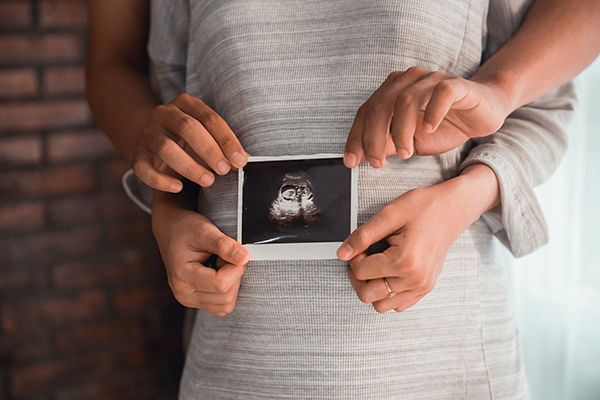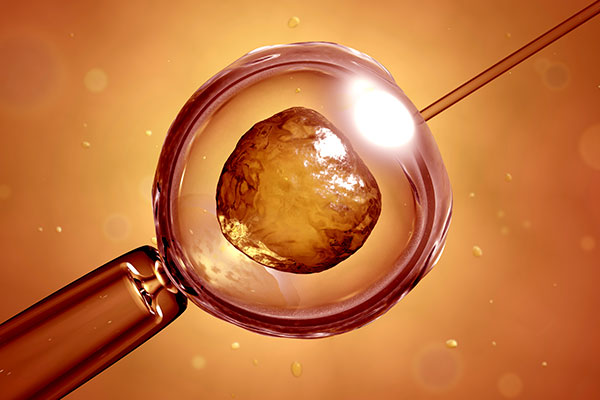
Did you know?
The phrase “third-party reproduction” refers to the use of eggs, sperm, or embryos that have been donated by a third person (donor) to enable an infertile individual or couple (intended recipient) to become parents.
Learn more: Guidelines for third party reproductionEgg Donation
An egg from a fertile woman that is donated to an infertile woman to be used in an assisted reproductive technology procedure such as IVF. The woman receiving the eggs will not be biologically related to the child (unless the donor is a relative), but will be the birth mother on record. The eggs from the donor are then fertilized and the resulting embryos are transferred to the recipient’s uterus.
Egg Donor Screening
A potential donor should undergo a thorough physical and psychological evaluation in order to protect her own health and that of any future biological offspring.
Medical Screening
Donors will generally be asked to complete a detailed medical history to identify any genetic abnormalities or diseases.
Prospective donors will also undergo a fertility evaluation to verify the capacity of their ovaries to produce eggs. This consists of a pelvic ultrasound as well as a blood test. A more extensive physical exam, blood tests, and cultures will also be performed once the physician has verified the donor's ability to produce healthy eggs. The tests include the following:
- Blood type
- Rh incompatibility
- HIV
- Hepatitis
- Syphilis
- Drug Use
- Chlamydia
- Gonorrhea
- HTLV I
In addition, genetic screening can also be carried out. It is recommended that genetic testing be used only to screen for diseases that would have "severe medical consequences for recipient and offspring."
Psychological Screening
All prospective donors should undergo a psychological evaluation during screening to limit the possibility of emotional harm. Psychological screening is generally aimed at identifying emotional problems, evaluating donor motivations, and verifying that women have a thorough understanding of the physical, psychological, and legal risks that could result from donation.
Legal Counselling is advised for both the egg donor and the recipient parents in order to ensure that all legal risks are known and accepted by each party.
The egg donation process consists of two phases.
Ovarian stimulation
Egg retrieval







